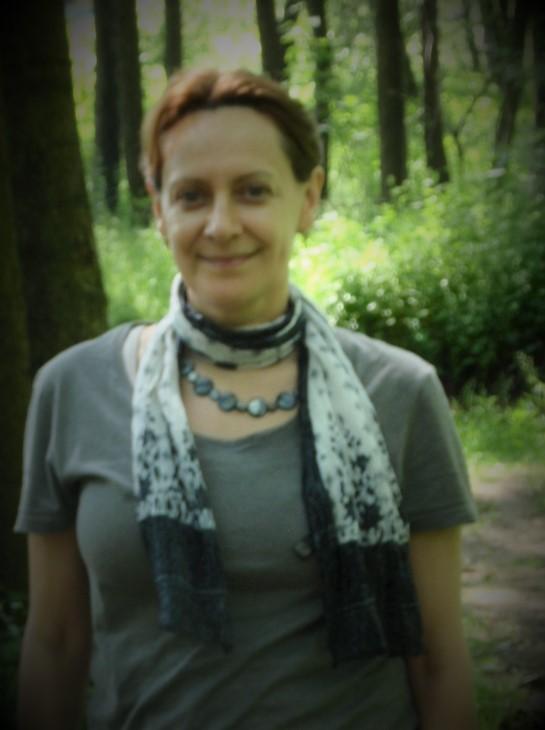
Claudia Sanchez-Bajo, PhD
Fellow Researcher
University of Buenos Aires
Faculty of Economics, CESOT
Prof. Dr. Claudia Sanchez Bajo obtained an undergraduate degree of five years in Political Science at the Jesuit university Universidad del Salvador (USAL) in Buenos Aires, and a PhD in Development Studies at the postgraduate Institute of Social Studies in The Hague.
Recent Work Summary
Recent work has included research on local positive peace building. Ground Fieldwork in Rwanda, Sri Lanka, and Nicaragua in 2018 and 2019, the latter as part of the CALAS Network at the University of Costa Rica. Teaching the last semester of 2018 as Guest Professor at the University of Kassel and in Summer 2016 as Visiting Scholar at the LBJ School of Public Affairs at the University of Texas at Austin. First Inaugural Chair in Cooperative Enterprises at the Faculty of Business and Economics of the University of Winnipeg, Canada. 2013 to 2015, with full courses developed and approved by the Senate, amidst teaching, research and community engagement, to create the Specialisation on Cooperative Enterprises. My research is currently focused on cooperative entrepreneurship, development and peacebuilding.
Research on public policy coproduction
Research 2021 - 2022 public policy coproduction and co-construction
1. Mindmap Theories of Policy Coproduction and Coconstruction
2. Conference panel Public Policy Coproduction extended abstract, peer reviewed. Panel Participants: Sergio Reyes Lavega y Danilo Gutiérrez Fiori, Uruguay, Sergio Salazar Arguedas, Costa Rica, Elisa Lanas Medina, Ecuador and Claudia Sanchez Bajo, Argentina - Belgium. 2021 World Cooperative Congress, Seoul, South Korea.
"The public policy framework in the 21st century would be in the midst of a transition away from the classical Weberian model of the industrial period, due to a) a growing complexity and intersection of crises that multiply needs and urgencies, and b) a search for legitimacy for the responses to these crises. The public interest would now be "a collective enterprise involving government and many other actors and citizens as creators of value and co-producers of public outcomes, an idea that is turning public administration upside down" (Bourgon, 2011). According to Habermas, the end of integrated capitalism hinders the ability of nation-states both to stimulate growth and to guarantee a fair distribution of income or social security for the majority of the population (Habermas 2011). The region would then guarantee the homogeneity of living conditions on the basis of fair distribution, following the example of the Basic Law of the German Federal Republic (art. 106, line 2). Balibar replies that a 'demos' is needed, which emerges in the course and experience of democratization practices, both representative and participatory practices..... Vaillancourt (2019), understanding co-production as an implementation phase (public-private), prefers to speak of co-construction if the actors of civil society and economy participate actively from the beginning of the public policy process, both in deliberation and decision, contributing in parallel to the co-construction of knowledge." Translation from original in Spanish
Cooperative Local Peacebuilding
Recent research on peace building includes work on : 1) the concept of reflexive agency (see EADI ISS Conference 2021 paper); 2) theory linking peace and civil society; 3) the concept of community and of Diasporas brief note on concept and types of movilization; 4) epistemology of peace; 5) building social cohesion such as through cooperative housing
Teaching and Training
In 2019, I provided tailored training to a great Slovenian group of academics, funded by both the Slovenian government and the EU. See Teaching section.
It's not what you look at that matters, it’s what you see.
Henry David Thoreau
The highest activity a human being can attain is learning for understanding, because to understand is to be free.
Baruch Spinoza
Featured Video
Presentation at the International Cooperative Alliance Global Conference in Kigali, Rwanda, 2019.